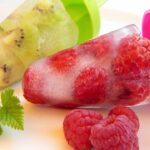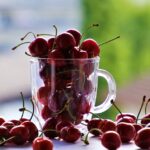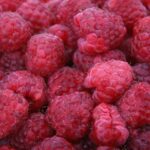Navigating a Healthy Diet with No Gallbladder: Tips and Tricks
If you’ve recently had your gallbladder removed, you may be wondering how to adjust your diet to promote good digestion and overall health. The gallbladder is a small organ located under the liver that helps to store and release bile, which is important for breaking down fats and absorbing nutrients from food. Without a gallbladder, the body can still function properly but some dietary adjustments may be necessary.
Here are some tips and tricks for navigating a healthy diet with no gallbladder:
1. Start Slowly
After gallbladder surgery, it’s important to start slowly when reintroducing foods into your diet. This means avoiding high-fat or greasy foods, as these can be difficult to digest without the help of bile. Gradually increase your intake of healthy fats, such as avocados, nuts, and olive oil, as your body adjusts.
2. Focus on Lean Protein
Lean protein sources, such as chicken, fish, and tofu, are easier to digest than fatty meats. Try to incorporate these into your meals for a good source of protein without overloading your digestive system.
3. Eat Smaller, More Frequent Meals
Eating smaller, more frequent meals throughout the day can help to ease digestion and prevent bloating and discomfort. Aim for 5-6 smaller meals instead of 3 large ones.
4. Choose Fiber-Rich Foods
Fiber is important for digestive health, but it’s important to choose the right type of fiber. Soluble fiber, found in foods like oatmeal, beans, and fruits, can help to regulate digestion and reduce inflammation. Insoluble fiber, found in foods like wheat bran and some vegetables, can be more difficult to digest and may cause discomfort.
5. Avoid Trigger Foods
Everyone’s digestive system is different, and certain foods may trigger discomfort or digestive issues. Some common trigger foods include spicy or greasy foods, dairy products, and caffeine. Pay attention to how your body reacts to certain foods and avoid those that cause discomfort.
6. Stay Hydrated
Drinking plenty of water is important for overall health, but it can also help to promote good digestion. Aim for 8-10 glasses of water per day, and avoid sugary drinks or alcohol, as these can be dehydrating.
Navigating a healthy diet with no gallbladder may take some trial and error, but with these tips and tricks, you can help to promote good digestive health and overall wellness. Remember to start slowly, focus on lean protein and fiber-rich foods, and stay hydrated. And as always, consult with your doctor or a registered dietitian for personalized advice and guidance.




